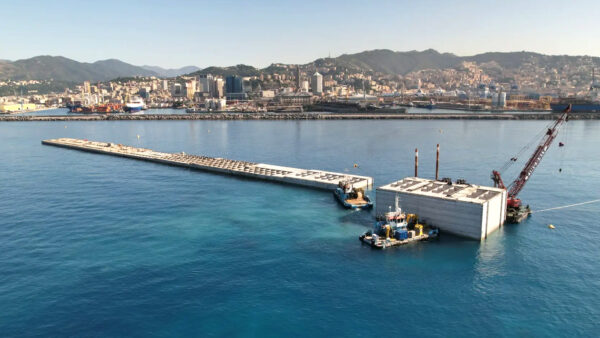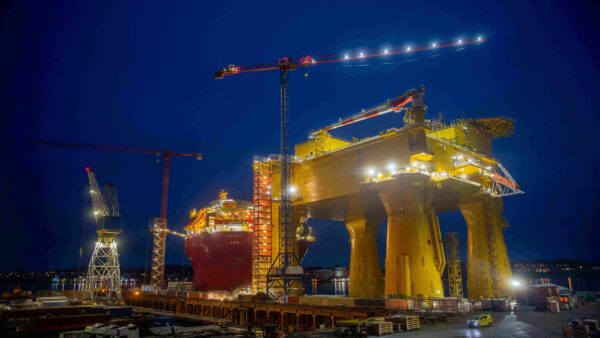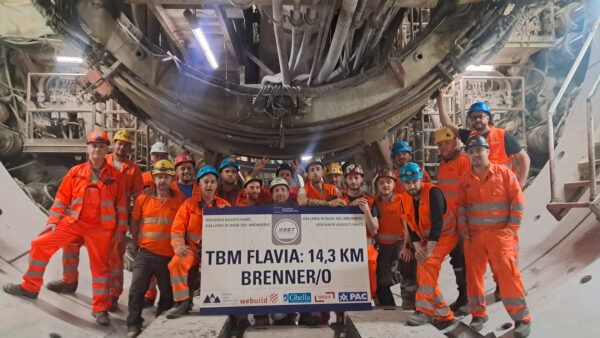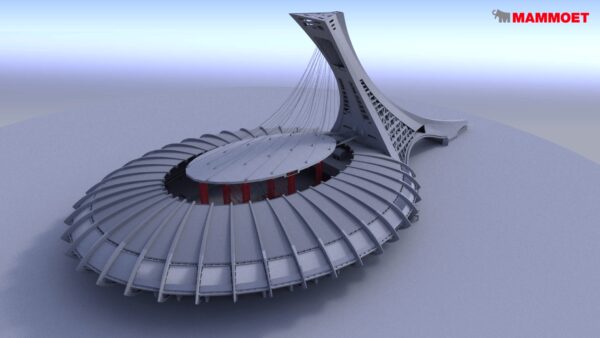Overview:
- British Steel supplies 95% of Network Rail’s annual rail requirements.
- The company recently entered supply agreements for rail operators in Northern Ireland, Italy and Belgium.
- Some construction projects may need to look elsewhere for steel already ordered.
- Unions and the Labour Party have called for British Steel to be nationalised.
- Only yesterday, a government-supported initiative was launched to encourage government to purchase more UK steel for projects like HS2 and the expansion of Heathrow Airport.
The UK’s second-biggest steelmaker, British Steel, was today placed in compulsory liquidation, putting at risk 5,000 direct jobs and endangering 20,000 more in its supply chain.
It came after the failure of talks between the UK government and the company’s new owner, Greybull Capital, which had sought a rescue loan of £30m. Greybull originally sought £75m but then agreed to inject more from its own sources. Â
Greybull bought the company for just £1 from Tata Steel in 2016, rebranding it British Steel. It went from a loss of £79m in 2016 to a profit of £68m in 2018.
Its difficulties have been blamed on a slump in orders from European customers ‎due to Brexit uncertainty, the weakness of the pound since the EU referendum, and the escalating US-China trade war, reports the BBC.Â
In April the government agreed an emergency loan of £120m to cover an EU bill for carbon dioxide emissions after the EU suspended the UK from its emissions trading scheme.
The government’s Official Receiver has taken control of the company, and accountancy firm EY has been made Special Manager. They will try to find a buyer. British Steel will continue trading in the meantime.
UK construction and infrastructure would feel the impact if British Steel collapses.
Network Rail, owner and infrastructure manager of Britain’s railway, procures 95% of its rail from British Steel’s flagship plant in Scunthorpe.
Today Network Rail said: “We have been working closely with British Steel and colleagues across government for many weeks. We have done what we can to help ease the company’s financial difficulties. We have improved our order book with the company – increasing rail production volumes, bringing orders forward and committing to a long term schedule – as well as offering immediate payment to ease the pressure on cash flow.”Â
It added: “We are confident that we remain able to carry out critical work on the railway in the coming months and beyond. Longer term we have plans in place so that we can continue to deliver the reliable railway millions of people depend on every day.”
In February, British Steel signed an eight-year rail supply agreement with Northern Ireland’s Translink.Â
Other countries will feel the impact as well. Last year British Steel won contracts to supply 86,000 tonnes of rail to Italy’s Rete Ferroviaria Italiana, and a four-year agreement to supply up to 40,000 tonnes of rail a year to Belgium’s Infrabel.
Some large construction projects might need to look elsewhere for steel already ordered. In April, British Steel announced a £1.3m contract to supply structural sections for the £55m Teesside Advanced Manufacturing Park in Middlesbrough.Â
The opposition Labour Party, along with UK unions Unite and GMB, called on the government to nationalise the company.
Labour leader Jeremy Corbyn said: “Britain’s proud steel industry has a major role to play in ushering in a Green Industrial Revolution, securing British manufacturing for a sustainable, green future. It needs support, not a death warrant.”Â
Unite assistant general secretary Steve Turner said: “The government must also use its buying power to put UK steel at the heart of major UK infrastructure projects as part of a joined up industrial strategy that supports UK manufacturing.”Â
British Steel’s liquidation follows yesterday’s launch of a government-supported initiative, called the UK Steel Charter, to encourage government departments to purchase more UK steel for projects including high-speed rail (HS2) and the £14bn expansion of Heathrow Airport.Â
Industry body UK Steel said: “With just over half of the steel purchased for UK construction projects currently coming from abroad (6 million tonnes annually), the potential to purchase more steel from UK producers is significant and would boost steel production, support steel jobs and communities, strengthen manufacturing supply chains, and increase UK GDP.”
Image: Laying new track on Dalwearie Bridge, Kintore (Network Rail)
Comments
Comments are closed.







British Steel must not be allowed to die , as the demise will hurt construction , rail repairs maintenance and upgrading; it will also affect the GDP.